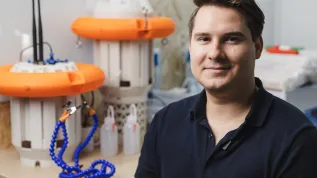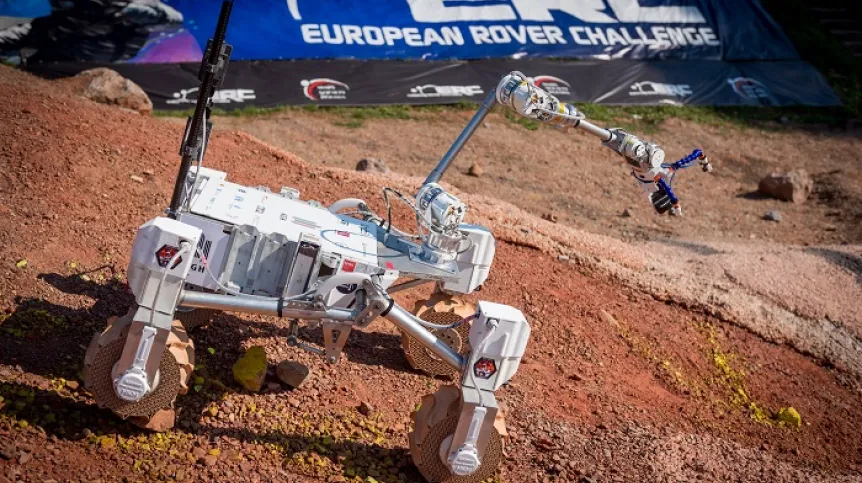
The AGH Space System team from Kraków won the 9th edition of the Mars rover competition European Rover Challenge, which ended last week in Kielce. The next two places on the podium went to Swiss teams.
During the 9th edition of the European Rover Challenge (ERC), 25 teams from 12 countries competed on a specially designed Martian track.
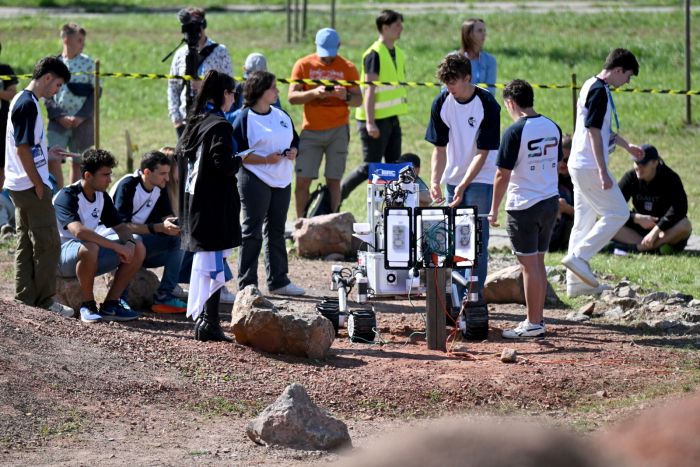
'It was an amazing competition, the jury's task of selecting the best was extremely difficult,’ says Łukasz Wilczyński, president of the European Space Foundation, the main organizer of the competition.
He adds that the level of these competitions has been increasing from year to year, and the designs have been changing, which is visible in the rovers. He points out that the Italians have brought a rover with a 'completely rebuilt structure'.
'We are pleased that teams from a growing number of countries are coming to us. This year, for example, the Greeks started for the first time and they did very well right away,’ he adds.
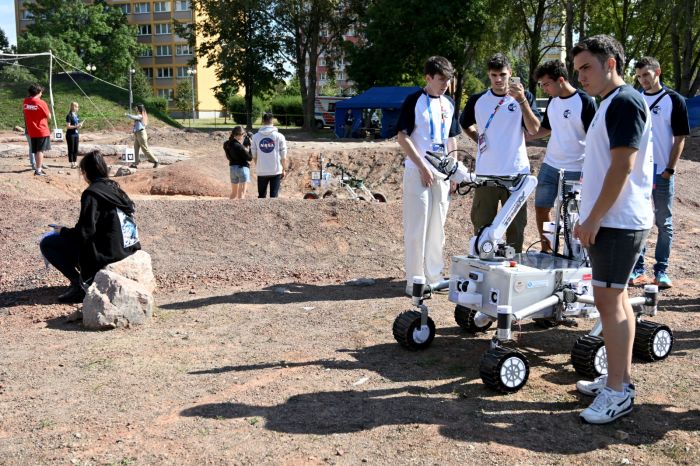
In his opinion, the teams competing during the European Rover Challenge take this competition very seriously. 'But there is nothing strange about it. Participation in this competition is actually a gateway to a career in the space sector for them,’ says Wilczyński. He also points out that this year, Polish teams were again among the best. He admits that this is not a surprise because 'the level of teaching robotics and programming at Polish universities is very high'.
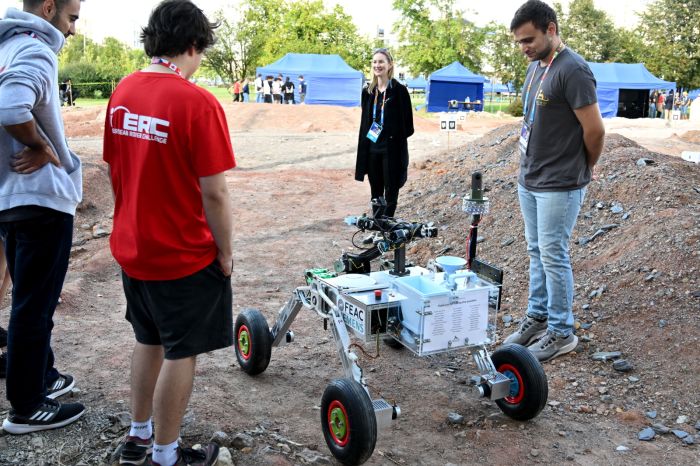
The best among the 25 teams was AGH Space Systems from Kraków. 'This success is not a surprise. We hoped to win because we had put a lot of work into preparing for this competition. I am glad that we managed to achieve this,’ says Marek de Lorme, a first-year student at AGH University of Science and Technology. He admits that there were many difficult moments during the event, and some competitions were quite a challenge.
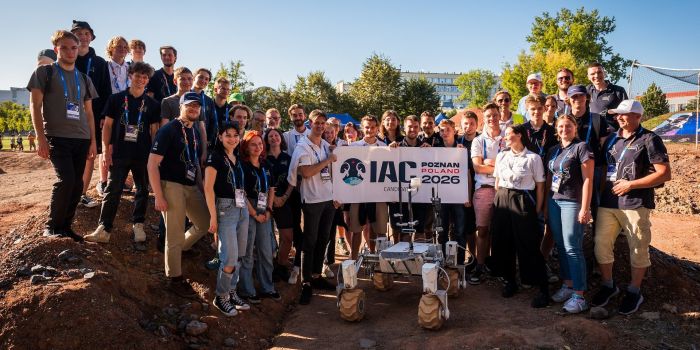
'The most difficult competition was +Science+. This year, for the first time, rovers were required to be equipped with a drill to collect a sample at a depth of about 30 cm. Then this sample had to be weighed. In addition, there is the presence of a drone. The rovers must be assigned an appropriate landing pad to launch the drone from our robot during the task, take a photo from a place that the rover cannot reach, and then land on the rover. These new challenges were the hardest for us, but we managed,’ he adds.
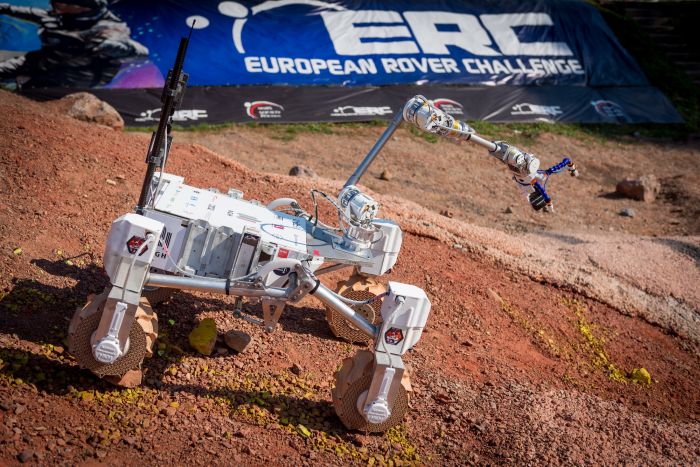
Second and third places went to the Swiss teams FHNW Rover Team and EPFL Xplore. Just behind the podium was the Warsaw team SKA Robotics with their rover Sirius II. For the first time, the competition participants completed a certification process confirming their knowledge and competences.
The struggles of teams from all over the world were accompanied by additional attractions and surprises: a meeting with Polish astronaut Sławosz Uznański, an outdoor cinema, sky observation and the opportunity to control robots and drones.
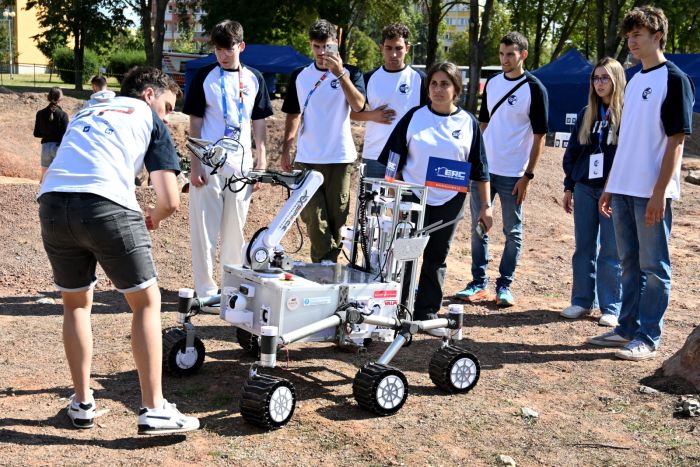
The 10th edition of the European Rover Challenge will take place in September 2024. (PAP)
Author: Janusz Majewski
maj/ pad/ kap/
tr. RL


